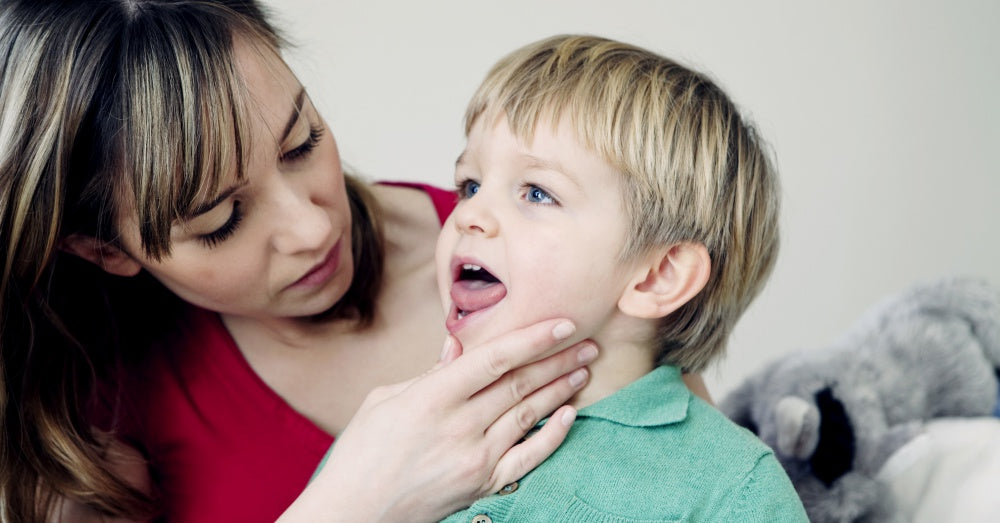Many People With Autism Have A Motor Disorder Called Oral Apraxia
Elizabeth Morey
Oral apraxia is a motor disorder that causes a person to be unable to properly move his or her lips, jaw, or tongue on command to properly produce words and/or make appropriate facial expressions. Some may be unable to control their breathing on command as well.
NOTE: In cases where the main issue is verbal communication rather than facial movement, a similar disorder called verbal apraxia or apraxia of speech may be at play. While the two are believed to be separate disorders, they share similarities and often exist comorbidly. This article includes insights that may be relevant to both disorders.
Signs of oral apraxia or verbal apraxia may include the inability to:
- smile
- kiss
- blow bubbles
- blow out candles
- stick out his or her tongue
- lick his or her lips
- bite his or her lower or upper lip
- blow his or her nose
- learn to speak at an appropriate age
- form words or sounds correctly
- imitate a facial expression
- make a facial expression that coordinates with his or her emotions
Oral apraxia and verbal apraxia are more common in people with autism, but the disorder can appear in those who are not on the autism spectrum. In the past, apraxia, including oral apraxia and other forms of the disorder, were considered symptoms of autism, and, even today, they are not always properly addressed as separate disorders.
Luckily, this disorder is treatable through therapy. The earlier parents and doctors catch the issue, the more that can be done to help children develop the ability to speak, smile, stick their tongues out, and more before they reach adolescence.
A typical treatment plan for a child with oral apraxia involves one-on-one practice with a speech therapist three to five times a week, possibly less as the child's speech improves. When he or she is able to make full sentences, group sessions may be beneficial.
In cases where a child, or even an adult, is not very responsive to therapy or needs another means of communication while in therapy, alternative or augmentative communication may be used. This generally takes the form of sign language or technology such as a computer or an iPad app. Most children naturally use these systems less as they begin to learn to talk more without them.
If you believe your child or someone else close to you suffers from oral apraxia, you can talk to your doctor or a speech language therapist about the screening options available. Here are some places you can reach out to for more help:
- your state's early intervention program (FREE, federally funded)
- your school district's preschool disabled program (FREE, federally funded)
- the American Speech Language-Hearing Association in Rockville, Maryland, for a list of certified clinicians near you

Elizabeth Morey graduated summa cum laude from Aquinas College in Grand Rapids, MI, where she dual majored in English Literature and Spanish with minors in Writing and Business Administration. She was a member of the school's Insignis Honors Society and the president of the literary honors society Lambda Iota Tau.
Some of Elizabeth's special interests include Spanish and English linguistics, modern grammar and spelling, and journalism. She has been writing professionally for more than five years and specializes in health topics such as breast cancer, autism, diabetes, and Alzheimer's disease. Apart from her work at GreaterGood, she has also written art and culture articles for the Grand Rapids Magazine.
Elizabeth has lived in the beautiful Great Lakes State for most of her life but also loves to travel. She currently resides a short drive away from the dazzling shores of Lake Michigan with her beloved husband.



